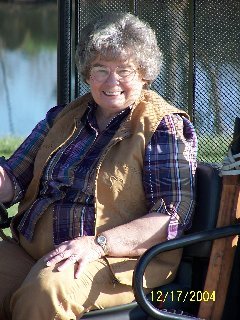Contrary to my usual reading habits, I have been reading quite a few novels lately—old ones so far. I have wanted to read William Faulkner ever since we visited his home in
The only book our village library had by Faulkner was a large tome containing The Sound and the Fury (1929), As I Lay Dying (1930), Sanctuary (1931), and Intruder in the Dust (1948). I liked it that there were no comment on them—760 pages was enough.
I found Faulkner’s use of stream-of-consciousness writing fascinating, irritating, confusing, and sometimes able to communicate despite its rambling style. Here is an example of a sentence actually introduced from the previous paragraph with a colon. Hold your hats. Here goes:
“’Now we’re going hone and put you to bed before your mother has a doctor in to give us both a squirt with a needle:’ then finding the handle and out of the car, stumbling a little but only once, then his heels although he was not running at all pounding too hard on the concrete, his leg-muscles cramped from the car or perhaps even charley-horsed from thrashing up and down branch bottoms not to mention a night spending digging and undigging graves but at least the jarring was clearing his head somewhat or maybe it was the wind of motion doing it; anyway if he was going to have delusions at least he would have a clear brain to look at them with: up the walkway between the undertaker’s and the building next to it though already too late of course, the Face in one last rush and surge long since by now already across the Square and the pavement, in one last crash against then right on through the plate glass window trampling to flinders the little bronze-and-ebony membership plaque in the national funeraleers association and the single shabby stunted palm in its maroon earthenware pot and exploding to tatters the unfaded purple curtain which was the last frail barrier shielding what was left of Jake Montgomery had of what was left of his share of human dignity.”
Oddly I felt I could usually figure out what Faulkner was saying when each novel was over, but I did not like having to read paragraphs (sentences) like the one above more than once to try to continue with understanding the story line. I did love going back in time to horses and wagons and social customs, which were still widely used after my birth in 1933. I assumed Faulkner was giving a somewhat accurate account of life in
Having grown up in one of
I remembered Dr. Hunsaker’s story when Faulkner talked about the smell in Lucas’s home. It is common sense that poor folks without running water or little soap for much laundry or many baths would not likely smell as nice as someone who could afford such pleasantries. (Gerald loves telling about little Erin sniffing him appreciatively when he came all freshened up in clean clothes after a shower one hot day. So he asked her what he smelled like, and she said, “Soap!”) I digress, but not every one even today has soap and water, and many more homes in Faulkner’s time lacked a generous supply. I also am well aware that many poor people work very hard to be cleaner than many of us. (Again I digress: a story comes to mind that I heard many decades ago about a very prominent wealthy white family being especially dirty at a ski resort.) Anyhow, I found Faulkner’s long discussion of this subject unpleasant but quite telling about the attitudes of his time and place.
I read all four novels, and the book is overdue. So tomorrow, I must return it in the outside slot and go in later to pay my fine.











